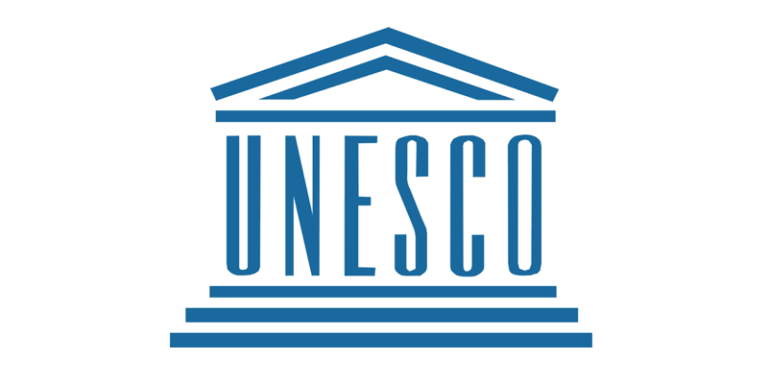
This Tuesday 24 November from 3:00 p.m. to 5:20 p.m., UNESCO is organizing two debates on the ethics of artificial intelligence (AI). Under the leadership of Yoshua Bengio, leading experts will exchange views on this subject. The high-level panel will be opened by UNESCO Director-General Audrey Azoulay. Gabriela Ramos, Assistant Director-General for Social and Human Sciences, will lead both debates, which will aim to analyse the impact of AI policies and markets from a regional perspective.
While this technology is developing rapidly, the world does not have a universal ethical framework to ensure that artificial intelligence functions ethically and for the common good. This situation is about to change as UNESCO is in the process of elaborating the first global normative instrument in this field in the form of a Recommendation on the Ethics of Artificial Intelligence. Audrey Azoulay, Director-General of UNESCO said:
“Artificial intelligence is present in all aspects of our lives and yet there is a legal vacuum surrounding its development and application. UNESCO is working to build a consensus among 193 countries to lay the ethical foundations for AI. It is time for the international community to ask the ethical questions and decide what we want AI to look like”.
Among the eminent specialists from academia, business, civil society and public authorities who will be called upon to give their views along with Yoshua Bengio, Scientific Director at the Montreal Institute for Learning Algorithms (MILA), will be Teki Akuetteh Falconer, Founder and Director of the Africa Digital Rights Hub, Agita Pasaribu, founder and Executive Director of Bullyid Indonesia, Henri Verdier, Ambassador for Digital, to the French Ministry of Europe and Foreign Affairs, Toshiua Jitsuzumi, Professor at the Faculty of Political Studies, Chuo University, Japan, and Andrew Wilson, Permanent Observer of the International Chamber of Commerce (ICC) to the United Nations.
The second exchange will include the chairpersons and representatives of UNESCO’s regional groups who will have to decide on the future Recommendation on the Ethics of IA at the General Conference of the Organization in 2021.
Three key issues will be on the agenda:
- How to move from principles to action;
- How to keep pace with the rapid deployment of AI technologies in terms of regulation;
- How to involve major private sector technology players.
Other topics under discussion will be the following:
- How does the pandemic exacerbate the risk of unethical use of AI?
- Are developing countries more exposed to the risks of unethical use of AI? If so, how can this be prevented?
- UNESCO’s effort to promote the adoption of a Recommendation occurs in parallel with national, regional and international initiatives to address the challenges associated with AI. What will be the added value of this instrument?
- What is the importance of diversity and inclusiveness in the field of digital innovation and transformation and how can it be achieved?
The full programme HERE.
Translated from L’UNESCO réunit aujourd’hui des experts pour débattre du rôle d’un cadre éthique mondial dans la réalisation d’une IA bénéfique









